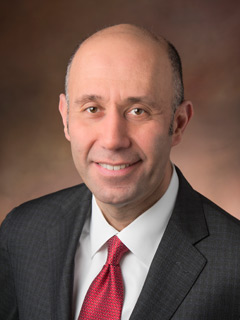HOW CAN WE HELP YOU? Call 1-800-TRY-CHOP
FON
This study is now recruiting.
The goal of this research study is to transform outcomes for all people affected by single ventricle heart disease, particularly those with Fontan circulation. The Fontan Outcomes Network (FON) strives to advance our understanding of, and care for, single ventricle heart disease and address some of the major challenges. The ultimate goal is to dramatically improve physical health and functioning, neurodevelopment, and emotional health and resilience. To achieve that, we will collaborate between many care centers and with individuals with single ventricle heart disease and their families, to systematically collect information across the entire lifespan. FON includes a registry study, meaning information will be collected by your doctors and the researchers and entered and stored in a bank of information called a registry to be used for research as well as a learning network for quality improvement initiatives.
Who Do I Contact?
If you are interested in participating in the study or want to learn more please contact our study team at fonstudy [at] chop.edu or 267-425-3947.
Visit Criteria
FON includes a data registry where information will be entered, stored, and reviewed by healthcare providers (such as doctors and nurses) and researchers. Information in the registry includes medical information such as diagnoses, medications, procedures, and demographic information. The registry will be used for research purposes and also for quality improvement.
Most information in the registry will come from usual clinical care, such as cardiology visits, hospitalizations, or other events . The study may also include survey questions. Some topics may include health status and quality of life. This is a life-long registry study.
